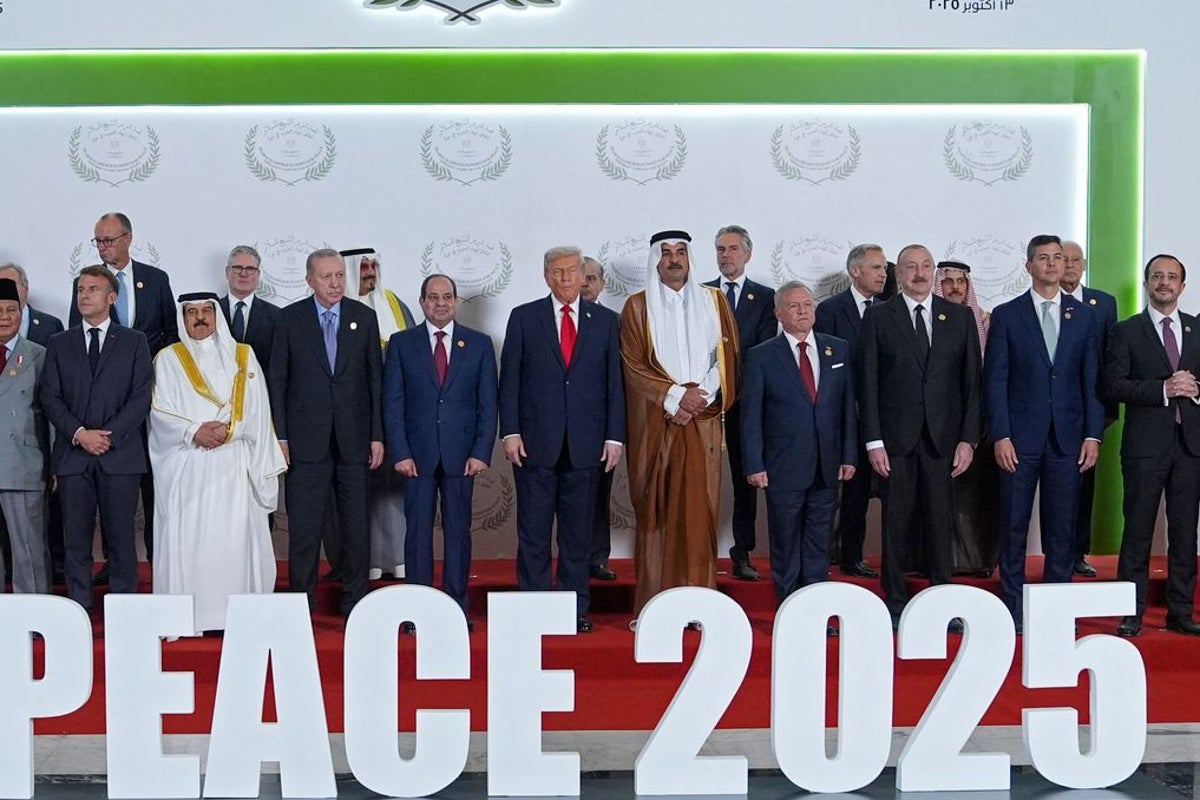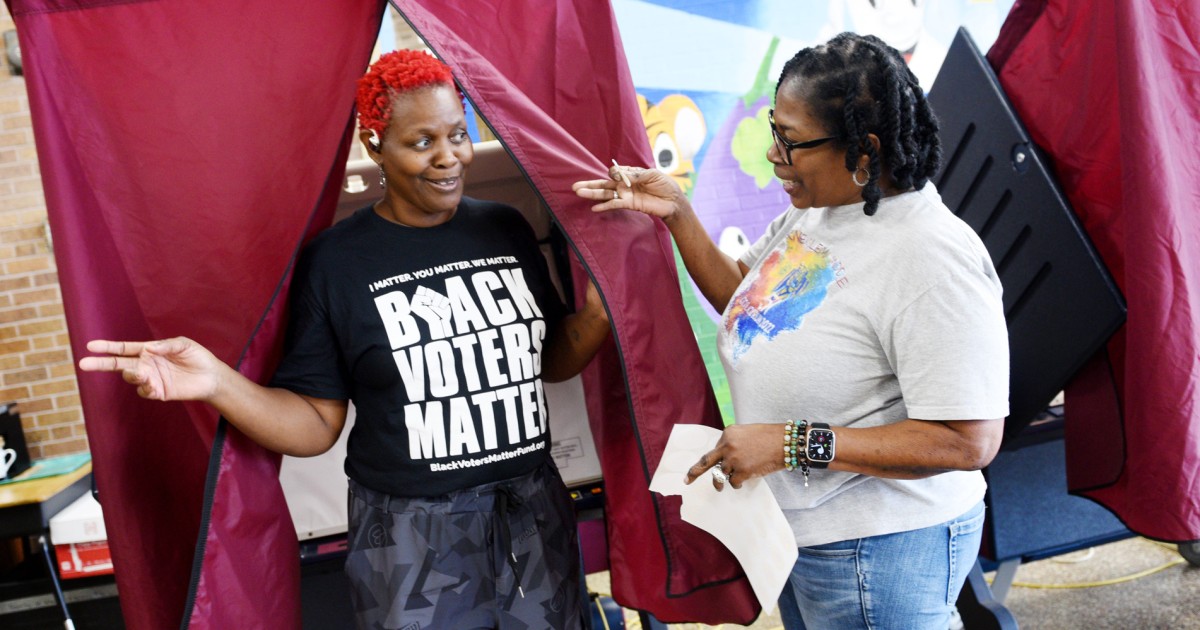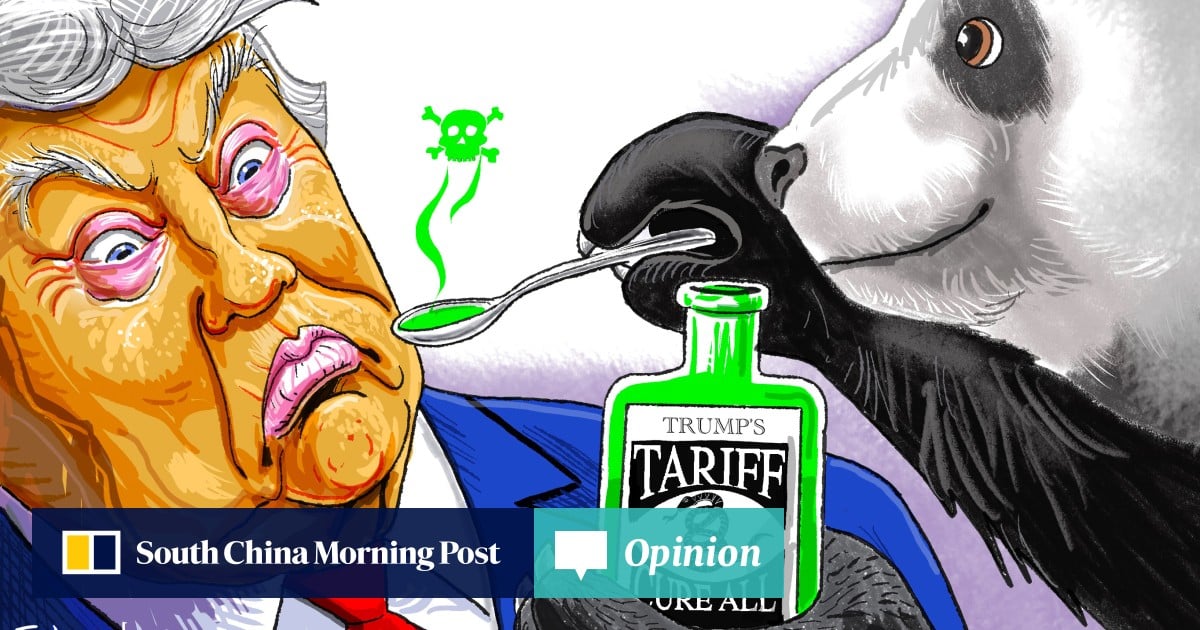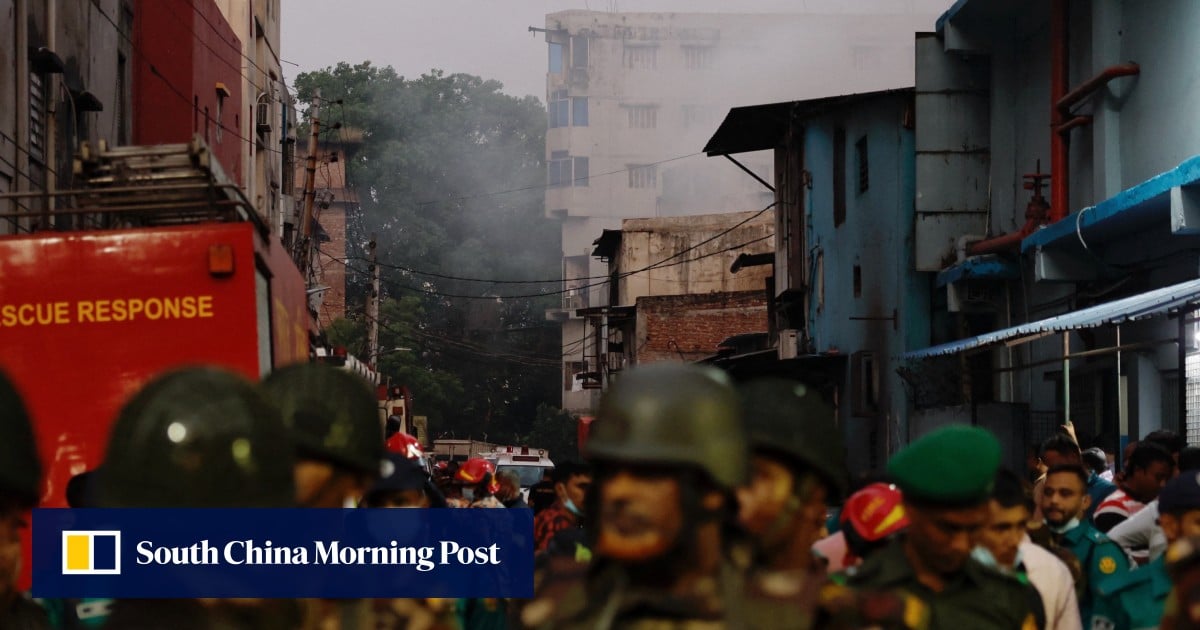PROTECT YOUR DNA WITH QUANTUM TECHNOLOGY
Orgo-Life the new way to the future Advertising by AdpathwayOn the recent episode of Breaking Points, Trita Parsi, vice president of the Quincy Institute, provided a critical analysis of the current Gaza ceasefire, emphasizing its fragility and the broader geopolitical implications.
Parsi emphasized that although the ceasefire may seem like a crucial development, it does not address the fundamental problems driving the ongoing conflict.
He noted that the recently celebrated agreement has significant shortcomings. The deal, formed under intense diplomatic efforts, mainly acts as a brief pause while negotiations still proceed behind closed doors.
Nonetheless, he cautioned that Israel’s history of breaching past ceasefires brings doubts about the durability of this current agreement. “Whenever a ceasefire is declared, Israel ramps up its attacks,” Parsi mentioned, citing reports of Israeli forces targeting Palestinian civilians, even amidst ongoing talks.
Parsi elaborated that Israel’s more extensive strategy involves using ceasefires as brief tactical breaks. “Netanyahu’s true aim is to extend the occupation and, ultimately, annex Gaza,” he asserted.
He stressed that Israel has no plans for a full withdrawal, aiming instead to tighten control and prepare for future military actions, with the current ceasefire serving as a temporary facade.
Parsi also pointed out the crucial role of U.S. influence. He remarked that the Trump administration had previously exerted sustained diplomatic pressure, a factor currently lacking.
Without this pressure, he warned, the cycle of violence is likely to continue. “The key to long-term peace is for the U.S. to maintain pressure on Israel and push for lasting solutions, including the recognition of Palestinian statehood,” he said.
He also touched on the risk of an Israeli instigated escalation, noting Netanyahu’s historical pattern of craving conflict to justify domestic political needs and his broader ambition to annex Palestinian land.
“Netanyahu’s long-term plan is to divert global attention from his territorial ambitions in the West Bank and move towards further land grabs,” Parsi explained.
Finally, Parsi warned that the international community’s recognition of Palestinian statehood, while symbolically significant, must be followed by concrete action. “Recognition alone isn’t enough,” he concluded.
“It must be backed by efforts to enforce international law and accountability to truly change the balance of power.”
This episode underscores that a ceasefire, especially one negotiated under the shadow of ongoing Israeli breaches, is only a fragile first step. Without sustained diplomatic pressure and a fundamental shift in regional and U.S. policy, the cycle of violence risks continuing, and hopes for a durable peace in Gaza remain distant.
























 English (US) ·
English (US) ·  French (CA) ·
French (CA) ·  French (FR) ·
French (FR) ·